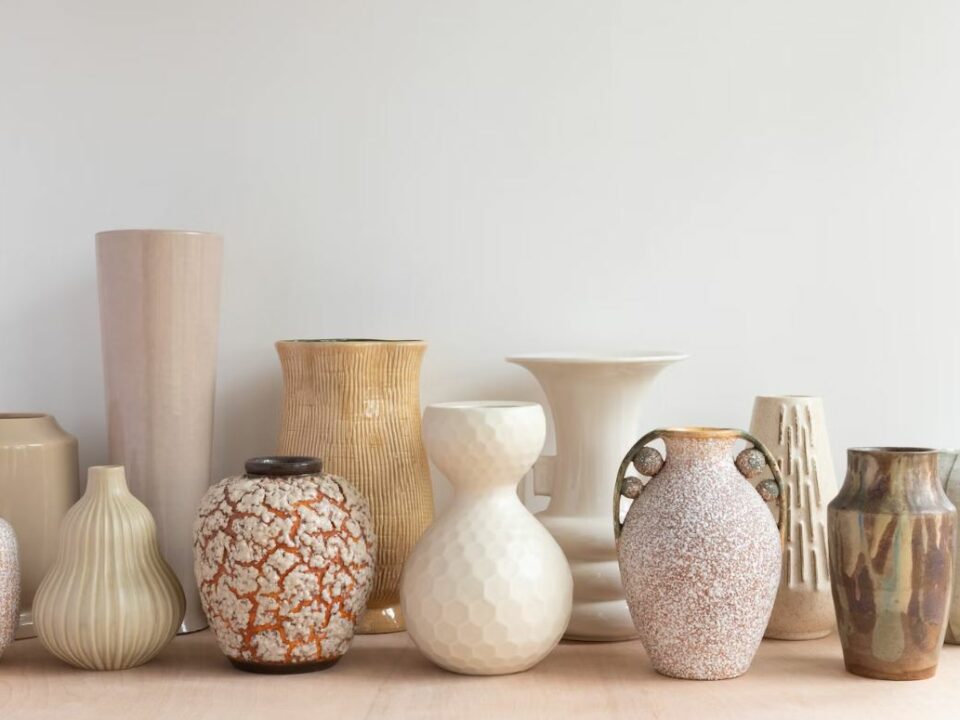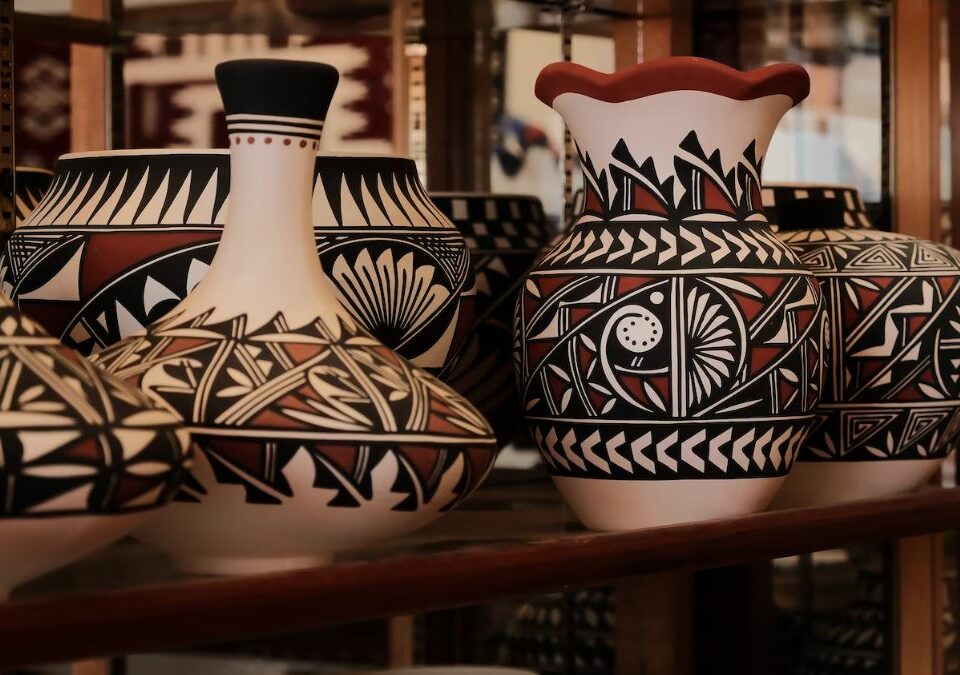What to Do with a Deceased Loved One’s Things


After cremations as part of our cremations services, at some point you’ll need to go through your loved one’s personal possessions and figure out what to do with them. It’s important that you don’t tackle this task until you are emotionally settled enough not to make impulsive decisions that you may regret later.
There are plenty of stories about people in the throes of grief who’ve given away – or thrown away – precious or valuable possessions because the pain associated with looking at and keeping them, at the time, seemed too great. However, once that initial tsunami of grief ebbed away, the reality of what was done caused even more pain and lifelong regrets.
The first step in handling your loved one’s possessions is to let immediate family members come together and have the opportunity to take what they want. If you are the surviving spouse, then you get first dibs on everything. If one of your children wants something that you want to keep, then you can promise that you’ll make sure they get it when you die (be sure to write it down and include it as a bequest in your will).
Although this process can be a bit contentious and stressful at times, it is the fairest way to make sure that the things that mean the most to each family member stays with them.
You may know of some things that aren’t of interest to immediate members of your family, but may mean something special to your loved one’s close friends, so set aside an area in a room where you can put those. Label them with sticky notes that have the friends’ names on them to distribute later.
Now that everything that means something to immediate family and close friends is out of the equation, you can now tackle what’s left of the personal possessions and decide what to do with them. If you want some objective advice and help, enlist a close friend to come over.
The easiest and fastest way to get through this process is to take a room with a lot of floor space and create three areas (put paper signs on the wall above each area): Trash, Donate, and Keep (because you’ll still find some things you want to keep).
Go through the house in a systematic fashion, doing one room at a time, to find and sort your loved one’s personal possessions. Start with the bedroom and bathroom. Sort clothing and shoes by their condition; if they’re in good shape, donate them and if they’re not, throw them away. All toiletry items that have been used should be thrown away. Unopened toiletry items can be donated.
Books and DVDs can be donated to your local public library. Games (board games, cards, etc.) can be donated to a senior center or to an assisted living facility. Eyeglasses can be donated at your optometrist’s or ophthalmologist’s office (most have a Lion’s Club donation box) to be refurbished and provided at low or no cost to people who would not have them otherwise. Hearing aids can be donated to non-profit groups like the Hearing Aid Project to be refurbished and provided to hard-of-hearing members in underserved communities.
Clothes, shoes, toiletries, and furniture can be donated to homeless shelters or shelters for battered women. The benefit of donating at these places is that the items get directly distributed at no cost to people who really and immediately need them.
Access to community resources is part of the cremations services we offer, so you can depend on our compassionate and experienced team at Hopler & Eschbach Funeral Home to help you. You can visit our funeral home at 483 Chenango St., Binghamton, NY 13901, or you can call us today at (607) 722-4023.



